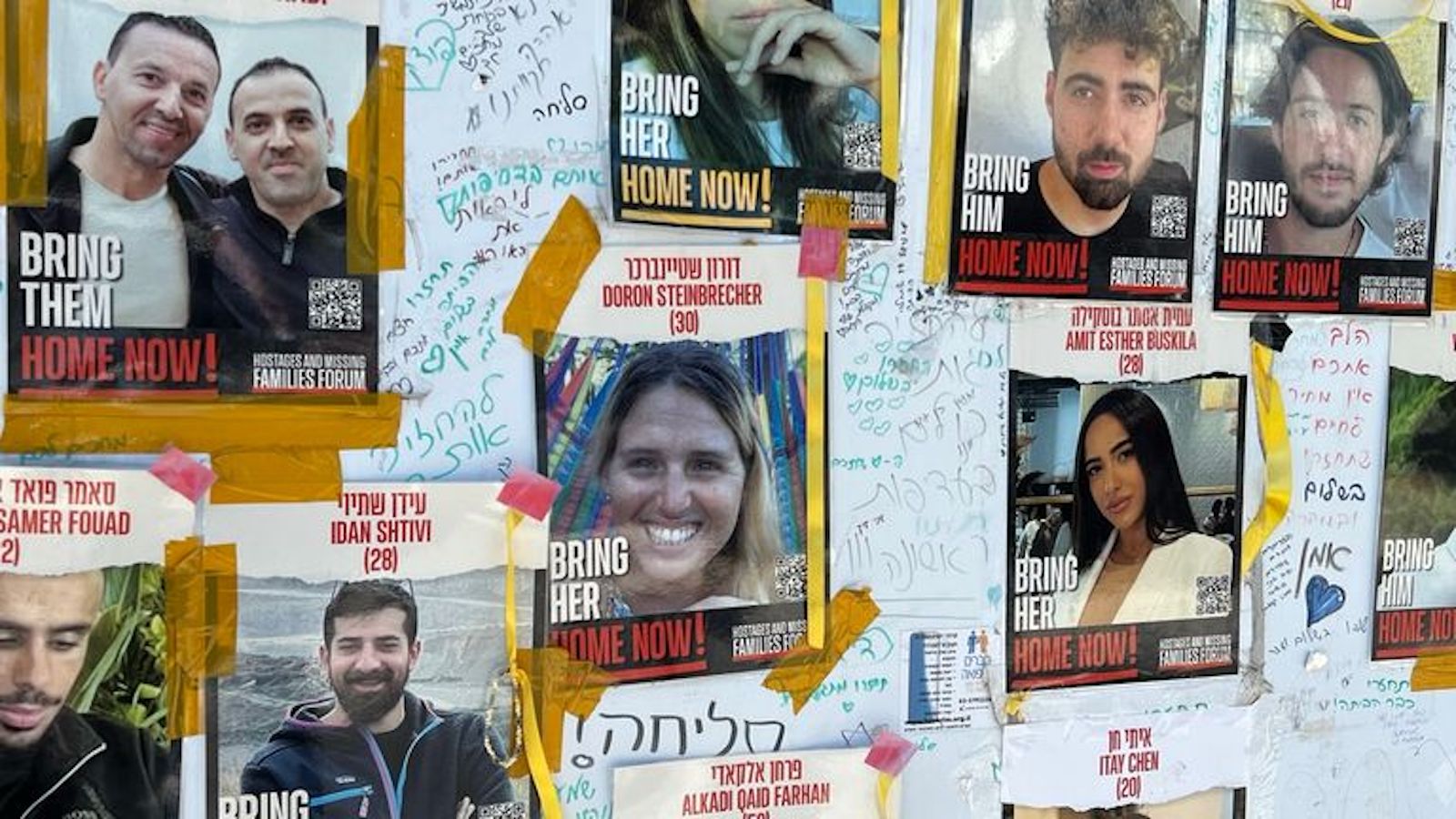
While You Thank Me, Bin Laden Thanks You
With each subsequent Veterans Day after returning from Afghanistan in the summer of 2010, I am painfully reminded of the futility of the War on Terror and of the irrational desire of some to perpetuate and praise it. Listening to people thank me for my ‘service’ is akin to the weird feeling felt when hearing Christmas music on Halloween. Americans have many motivational factors for thanking veterans, so in order to understand why people feel compelled to say, “thank you” every Veterans Day, I will focus on the two, emotional reasons—gratitude and pity—and how both are completely illogical. I will also discuss a solution to this conundrum which goes beyond the immediate termination of the War on Terror.
Almost three thousand lives were lost when the United States was attacked on the 11th of September, 2001, but over the 17 years ending in October of 2018, the US lost roughly 14.8 thousand military, civilian, and contractor lives in Afghanistan, Pakistan, and Iraq, according to a report by the Watson Institute of International & Public Affairs at Brown University. Do those numbers equate to victory? Are those numbers worthy of gratitude? Over the same period, at least 353 thousand inhabitants of those countries—encompassing military, police, and civilians, but excluding opposition fighters—were killed. Combining those thousands of lives yields a number similar to the entire population of Aurora, Colorado or to Cleveland, Ohio.
Now in the 18th year of war, will we ever acknowledge that our strategy is creating more harm than good? How many more lives, years, or trillions of dollars must we lose before we realize that gratitude is an odd expression for these circumstances?
If you are sympathetic to the preceding paragraph, you might thank veterans because you feel sorry for them. “Better you than me; what a waste; sorry you had to be a part of that” are thoughts that might race through your mind before being distilled into, “Thanks for your service.” But if you are truly bummed about the experiences the veteran you’re thanking had to endure, is appreciation an appropriate expression? If you truly feel horrible about the wars that our imperialistic government is waging without your consent but with your money, wouldn’t channeling your emotion from pity to outrage be more effective? If you are not demanding of your federal representatives an end to these wars, then you are destined to reflexively thanking a veteran with the same mind-numbing consistency year after year for another 17 years or more. How can you claim to love democracy if you are unwilling to use it?
Maybe you have become disillusioned with democracy, and with good reason. While our mob-like central government occupies 76 countries with our military, it has become almost as intrusive with the citizens of our country. The “swamp” in the District of Columbia seems as healthy as ever, filled to the putrid brim with people who claim to know what is best for others. We didn’t vote on the War on Terror just as we did not vote on the War on Drugs, yet they persist with impunity. Worse still is when those unauthorized wars unite. While in Helmand Province, the infantry company to which I was attached was ordered to destroy poppy fields on sight. Pay no attention to the fact that innocent, Afghan poppy farmers rely on their fields; “you are not allowed to discover the horrors of heroin” says our federal government, as it drives Americans to heroin by restricting the ‘proper’ dosage of legal pain relief. For most, democracy is just a comforting illusion because, as Michael Malice describes it, “State action proceeds independently of any democratic justification.”
Because of our authoritarian federal government, “we are not free to tolerate each other.” Either Scott Horton or Dave Smith said that, but listening to both will undoubtedly inform you more than the entertainment networks which claim to be news. Just as our federal government is to blame for the Wars on Drugs and Terror, it is also to blame for the political bigotry charitably known as national discourse. Sure, political parties can be pretty annoying, but the real culprit is the federal government. Its monopoly on governance is why we’re at each other’s throats. Moving from city to city or from state to state will not provide relief from the overbearing central government. Instead of a collection of independent states, free to compete for others’ residents, we live in the Extorted States of America, forced to abide by the whims of D.C. while paying tribute to them. If we the people hate the federal government almost as much as the rest of the world hates our federal government, wouldn’t our democracy reflect that? Of course not; democracy is a farce. The ability to degrade others’ rights via the ballot box was never intended, which is why our country was founded as a republic—not a democracy—but maybe there’s reason to be hopeful.
Democracy in the US devolved into “tyranny of the majority” long ago, but can anyone claim that the majority want our protracted involvement in these wars? Without the will of the majority, American democracy is simply tyranny. Contrary to federal law, most states have legalized marijuana in one form or another, and that approach should be mimicked with every other issue people care about. Let’s make the federal government irrelevant again. Yes, state governments can be almost as tyrannical, but the closer the decision-making apparatus is to the affected citizens, the better. And just as states acknowledge but ignore federal drug laws, counties can acknowledge but ignore draconian state laws; cities can do the same with counties. In the words of Hans-Hermann Hoppe, the attitude of one level of government expressed to its superior should be: “Such are your rules, and you enforce them. I cannot hinder you, but I will not help you either, as my only obligation is to my local constituents.”
Or, if you want, you can keep thanking me for my ‘service,’ as we continue to do to ourselves what we hoped to do to the Soviet Union when it occupied Afghanistan.
Free the People publishes opinion-based articles from contributing writers. The opinions and ideas expressed do not always reflect the opinions and ideas that Free the People endorses. We believe in free speech, and in providing a platform for open dialogue. Feel free to leave a comment.



